NFL
5 Ongoing Lawsuits Against the NFL
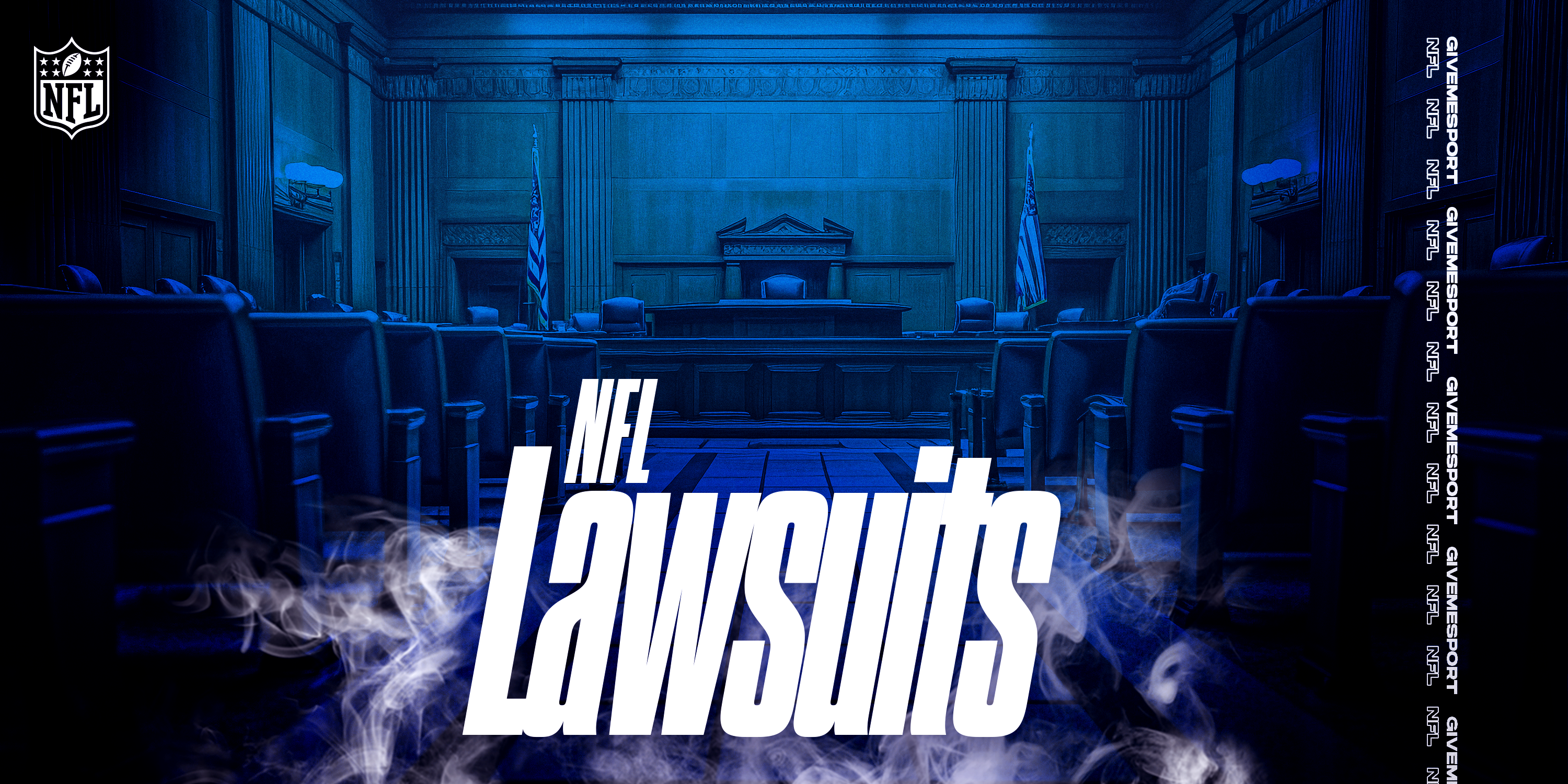
Highlights
- Former NFL players are considering lawsuits against the league, citing issues such as inadequate medical insurance and retirement benefits.
- Ongoing lawsuits highlight the broader societal impact of NFL culture on football players.
- Legal battles, including disputes over insurance claims and concussion settlements, underscore the challenges retirees face in obtaining fair compensation.
A number of individuals have taken issue with the NFL and filed lawsuits against the league over the years. Like many other sports leagues, the NFL currently faces multiple ongoing lawsuits.
Many observers argue that the NFL seems to have more legal challenges than other leagues, with the league and its leadership frequenting courtrooms more often than they would like year after year.
These lawsuits can involve players, football teams, or other parties, such as the massive NFL Sunday Ticket class action suit, the verdict of which took the league aback. However, it’s most common to see players going head-to-head with the league in court.
Despite the perception that challenging the league might be futile, the legal system often ensures that aggrieved individuals find justice. Here are five ongoing lawsuits against the NFL at the moment.
Related
‘Rehearing Denied’: Jon Gruden Loses Battle in Ongoing Lawsuit Against NFL
Former Raiders head coach Jon Gruden lost a bid on Monday to have a rehearing denied following a lawsuit he filed against the NFL.
1 Adrian Robinson Jr. Versus the NFL
The family of Robinson Jr. says the NFL caused his death
Adrian Robinson Jr. only enjoyed his employment in the NFL for about two years before he passed. The Pittsburgh Steelers initially signed him in 2012 as an undrafted free agent.
It looked like life was moving in the right direction for the linebacker after his college days when he won the MAC Defensive Player of the Year award in 2009. But, he never quite found his form in the league.
He played for four different NFL teams in 2013 alone. After the Steelers traded him to the Philadelphia Eagles in August that year, he moved to the Denver Broncos (whose offense went on to set countless NFL records that year) when the Eagles released him one month later. Next, it was the San Diego Chargers who acquired him in free agency in November that year. In December, he joined the Washington Redskins after the Chargers had released him.
On April 27, 2015, Robinson Jr. made the move to the Canadian Football League, signing with the Hamilton Tiger-Cats. But he was there for less than a month before passing on May 16 of that year.
Robinson Jr. hung himself. However, a posthumous autopsy carried out diagnosed him with Chronic Traumatic Encephalopathy (CTE). It is a disease that is common among NFL players (at least 345 reported cases), as accumulated hits to the head can result in CTE.
The lawsuit filed by Robinson Jr’s family blames the NFL for the toxic culture it leaves on children. It goes beyond what happens on the field of play, focusing on the broader societal impact of organizations like the NFL and how they shape youth sports culture.
The lawsuit was initially filed in the Court of Common Pleas of Philadelphia against NFL entities and helmet makers like Riddell but later moved to MDL-2323, the NFL Concussion Settlement.
2 Advanced Physicians Group Versus NFL Insurers
NFL dispute over medical insurance claims
In this legal case, Advanced Physicians filed a state-law tortious interference claim against the NFL in Illinois state court. Former NFL players received medical treatment through the NFL Player Insurance Plan, in which they transferred their insurance benefits to Advanced for payment.
Initially, Advanced received payments from Cigna, the plan administrator, without issue. However, payments stopped when the NFL allegedly instructed Cigna to deny all of Advanced’s claims as work-related. Advanced claimed this action interfered with its patient relationships.
The NFL removed the case to federal court, arguing complete preemption under the Employee Retirement Income Security Act of 1974 (ERISA). The ERISA governs employee benefit plans like the NFL Player Insurance Plan.
The district court agreed and transferred the case to Texas, where similar claims were ongoing. The district court dismissed Advanced’s case after it refused to amend its complaint to assert an ERISA claim, which prompted Advanced to appeal.
The key legal issue was whether Advanced’s state-law claim was completely preempted by ERISA. The court used a two-part test that the Supreme Court had established.
It found that Advanced’s complaint essentially centered on the denial of coverage under the ERISA-regulated plan and that interpreting the plan’s terms was crucial to Advanced’s tortious interference claim. Consequently, the court ruled that Advanced’s claim fell under ERISA’s scope, resulting in complete preemption and dismissal of the case. The case is currently active in the Northern District of Dallas, Texas.
3 Amon Gordon Claim Determination Appeal
Amon Gordon appeals to NFL concussion settlement
Amon Gordon, a former football player, had an NFL career spanning eight years but saw action in just 33 regular-season games during that time. You guessed right, injuries!
For someone who impressed at Stanford as a football player, his rather dull professional career caused a worry or two. In 2010 alone, Gordon signed for five different teams.
Things never really played out well for him after his rookie season with the Cleveland Browns. He couldn’t play a single game in his second season for the Browns due to a bad knee injury. From then on, his football playing career started plummeting downwards.
His injury problems continued, contributing to his short stints at different teams before he retired in 2012 after two uneventful seasons with the Kansas City Chiefs. The doctors later diagnosed him with early dementia after his retirement.
Since he suffered concussions and went through multiple surgeries during his career, he decided to pursue compensation under a class-action settlement for former players suffering from neurological conditions like early dementia. An advisory panel initially approved his monetary relief claims, but he faced opposition from the NFL.
The NFL contested the conversion of his test scores to meet the settlement’s stringent criteria. This pivotal issue revolved around whether Gordon’s pre-effective date diagnosis aligned properly with the NFL’s Baseline Assessment Program standards, crucial for eligibility under the settlement.
The legal battle escalated through appeals to Judge Brody and ultimately to the Third Circuit Court of Appeals, where Gordon argued that the courts had not adequately considered his case. His legal arguments shifted from disputing the diagnosis itself to questioning the fairness and clarity of the court’s decisions.
The case looks less likely for Gordon to come out victorious. However, it is on appeal to the Third Circuit. Gordon’s family can only hope they receive compensation for what they believe is a life distorted by football.
4 Christopher Hudson Versus the NFL, NFLPA, and the Bert Bell-Peter Rozelle NFL Player Retirement Plan
Christopher Hudson’s legal battle over NFL retirement benefits continues
Christopher Hudson is another retiree who had an uneventful spell in the NFL. He started his professional career after he was selected as a third-round pick by the Jacksonville Jaguars.
After spending four seasons with the Jaguars, he moved to the Chicago Bears in 1999—but things didn’t get any better there. He played his last professional football game with the Atlanta Falcons in the 2001 season.
Hudson’s eight seasons in the NFL were a compilation of injury problems, especially head injuries. These ailments led to cognitive decline that affected his ability to work, prompting him to seek permanent disability benefits from the NFL’s retirement plan.
Hudson was initially denied benefits but appealed, finally suing the NFLPA, the NFL Management Council, and the Retirement Board in 2011. He argued that the plan’s documentation failed to meet the clear and understandable standards required by ERISA, making it difficult for beneficiaries like himself to understand their rights and obligations. Hudson also accused the board of withholding crucial information vital to his application and misinterpreting the plan’s requirements.
After a lengthy legal process, Magistrate Judge Robert W. Lehrburger recommended dismissing Hudson’s lawsuit, saying that the defendants were not responsible for overseeing the board’s day-to-day decisions.
Hudson fiercely contested this recommendation. He emphasized that the plan’s terms were not adequately clear and that the NFLPA and the Council had a duty to ensure proper administration of the retirement plan, including addressing any issues with board competency.
Hudson, like many other retirees suffering disabilities after their playing career, believes that the NFL is responsible for taking care of retired players through the retirement plan. But the NFL constantly attempts to evade these bills.
5 James Buckley Versus the NFL
NFL wins motion, arbitration process begins
James Buckley and eight other longtime NFL security personnel filed a lawsuit against the league, alleging age discrimination. The men, all in their 60s and 70s, allege that the NFL unfairly laid them off and replaced them with younger staff.
The men included James Buckley, Rodney Davis, Mario Di Fonzo, and six other men versus the NFL. They sued the league for various violations related to age discrimination.
They initially filed the case on April 16, 2018. They brought claims under various employment laws, including ERISA, FLSA, and the ADEA, among others.
The men claimed they were misled into signing agreements that classified them as independent contractors, thereby denying them employee benefits. They didn’t enjoy benefits such as job security, health insurance, and retirement plans.
The NFL argued for enforcing an arbitration clause in these agreements, which mandated that any disputes be settled through arbitration rather than through the courts.
The court, led by Judge Lorna G. Schofield, ultimately sided with the NFL, granting their motion to compel arbitration. This decision means that instead of proceeding with a traditional court case, all parties will now resolve the disputes through arbitration, following the terms set out in the agreements signed by the plaintiffs.
All statistics courtesy of Pro Football Reference unless stated otherwise.
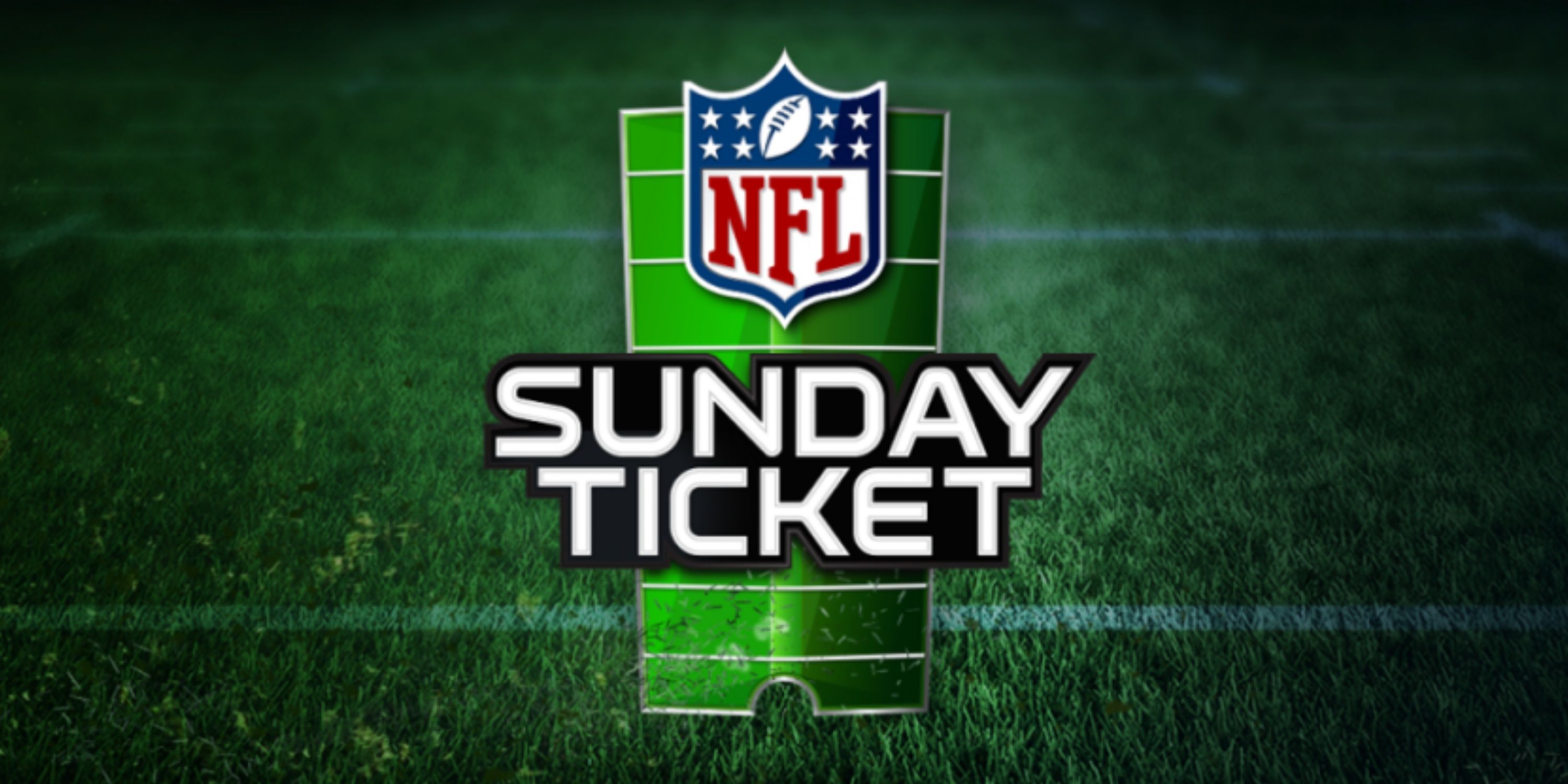
Related
Judge to Hear Post-Trial Motions in NFL Sunday Ticket Case on July 31
Judge Philip Gutierrez will submit a written ruling on the Sunday Ticket lawsuit in August.


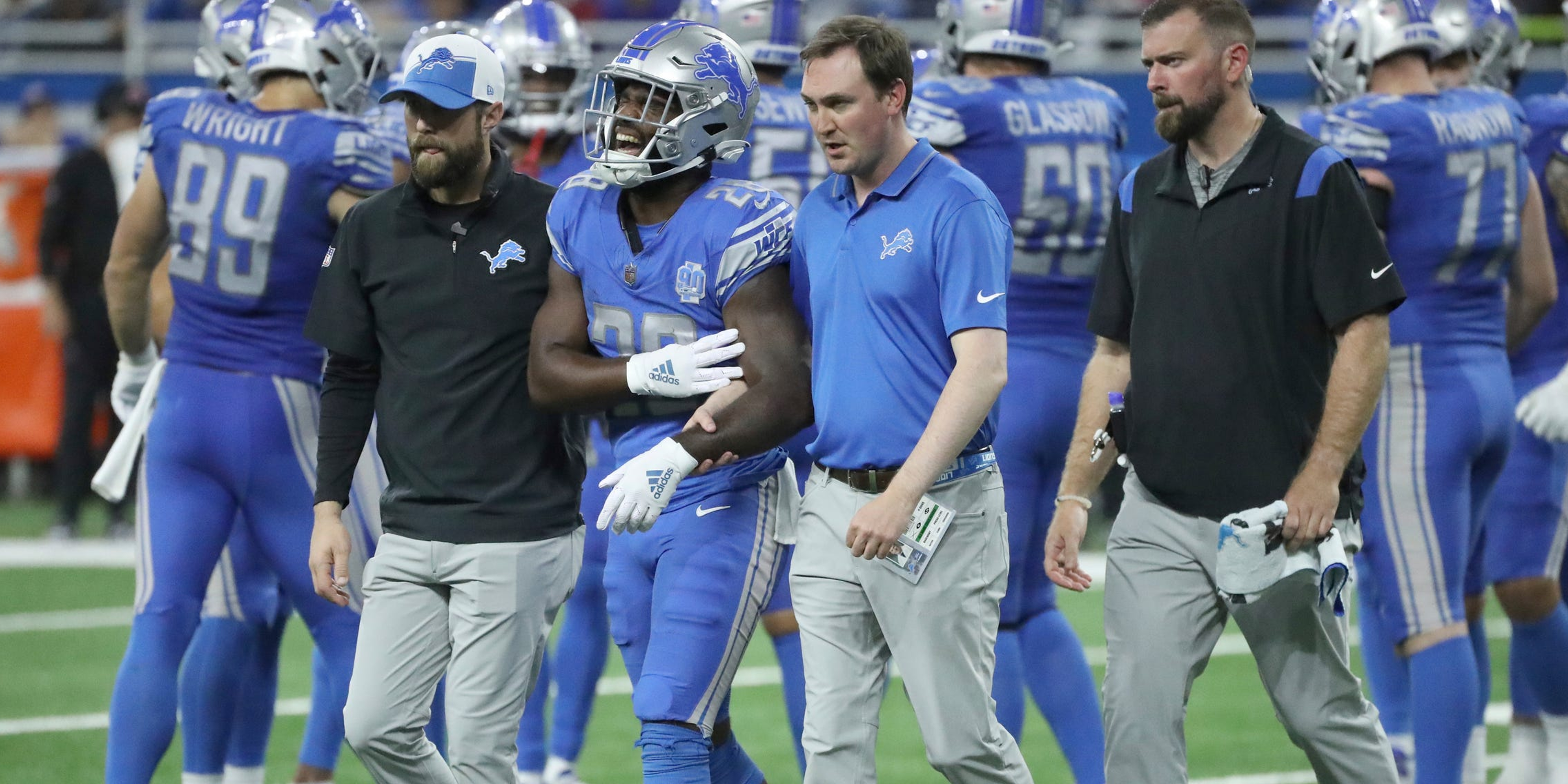
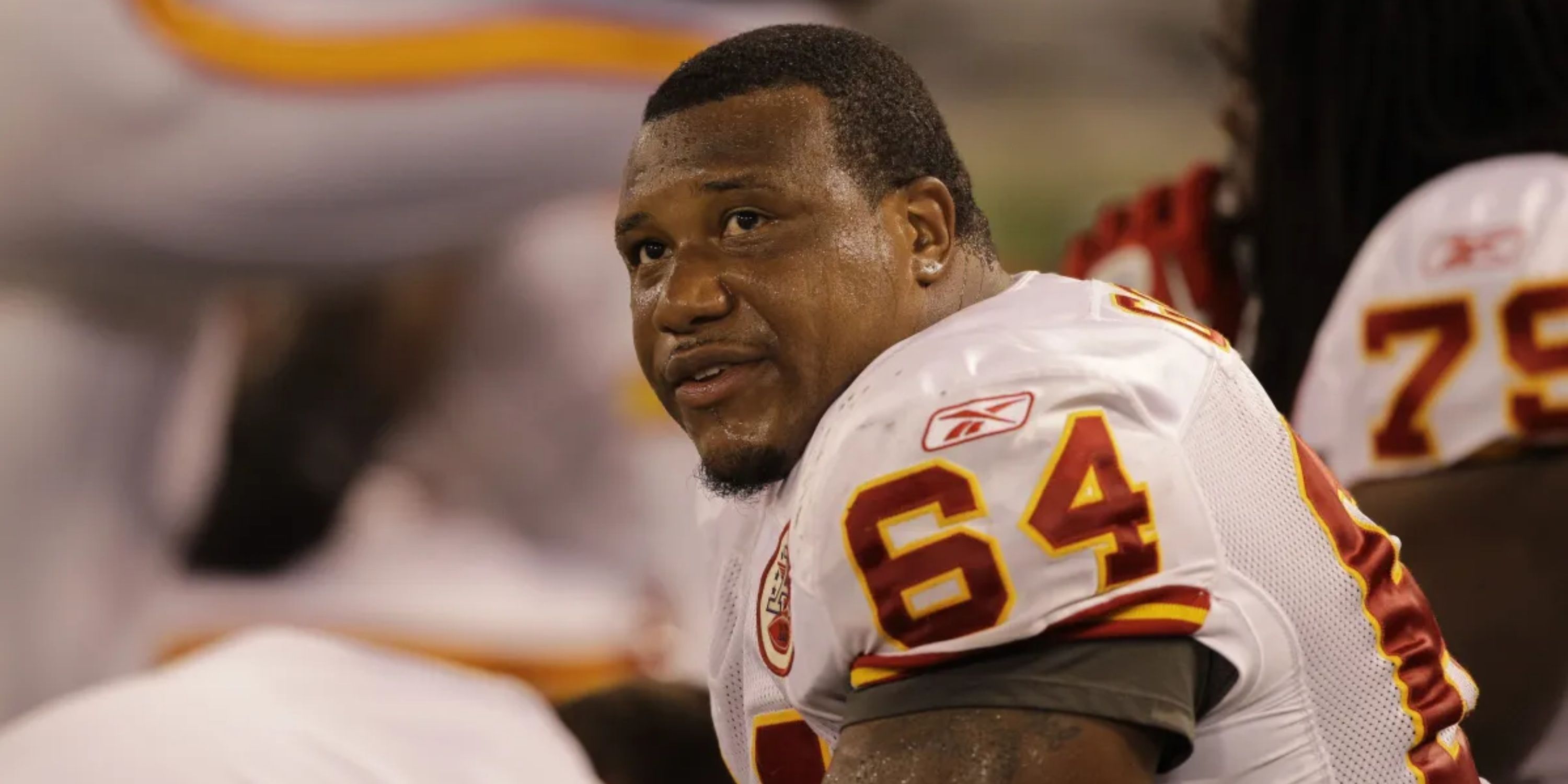
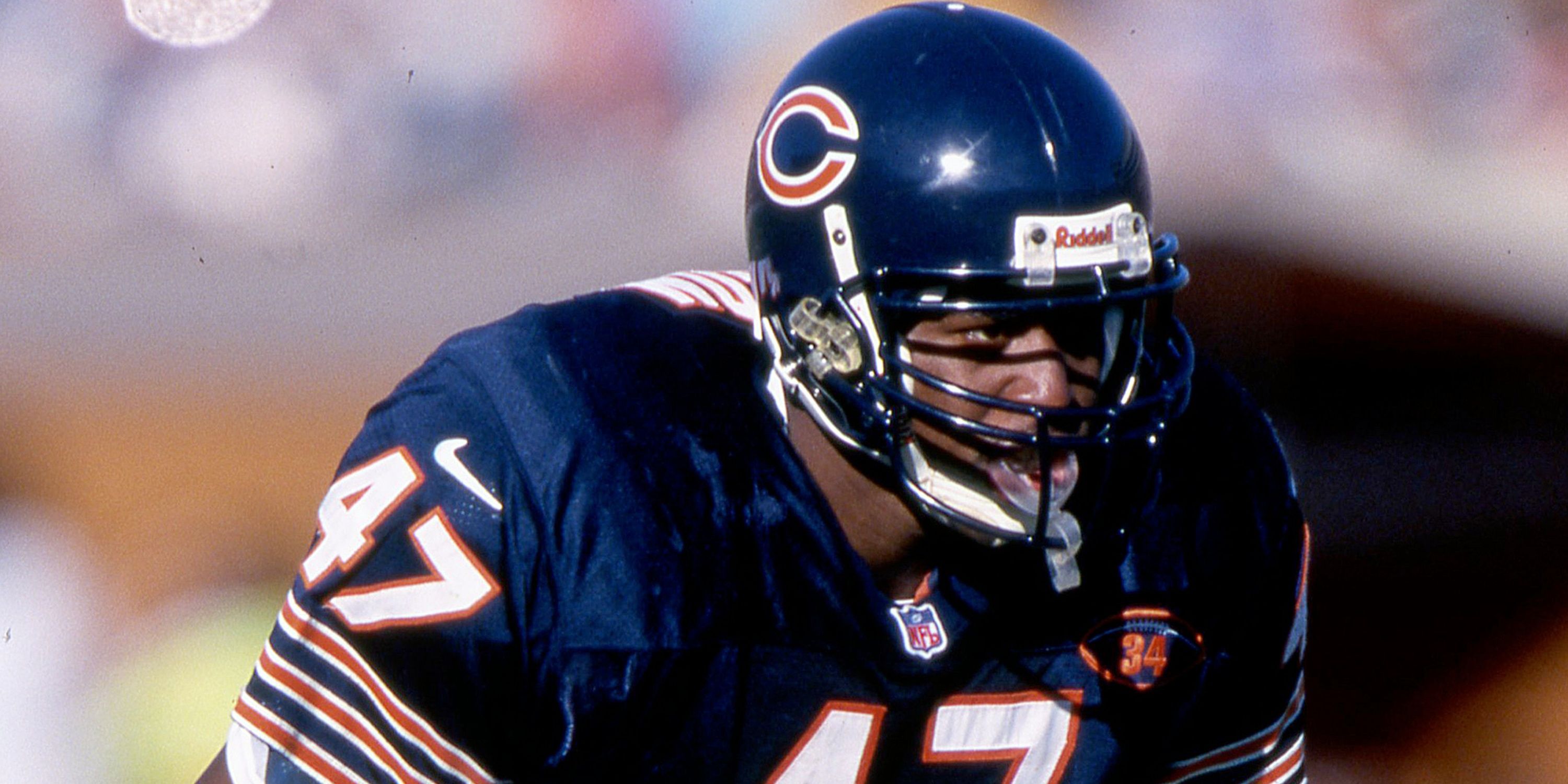
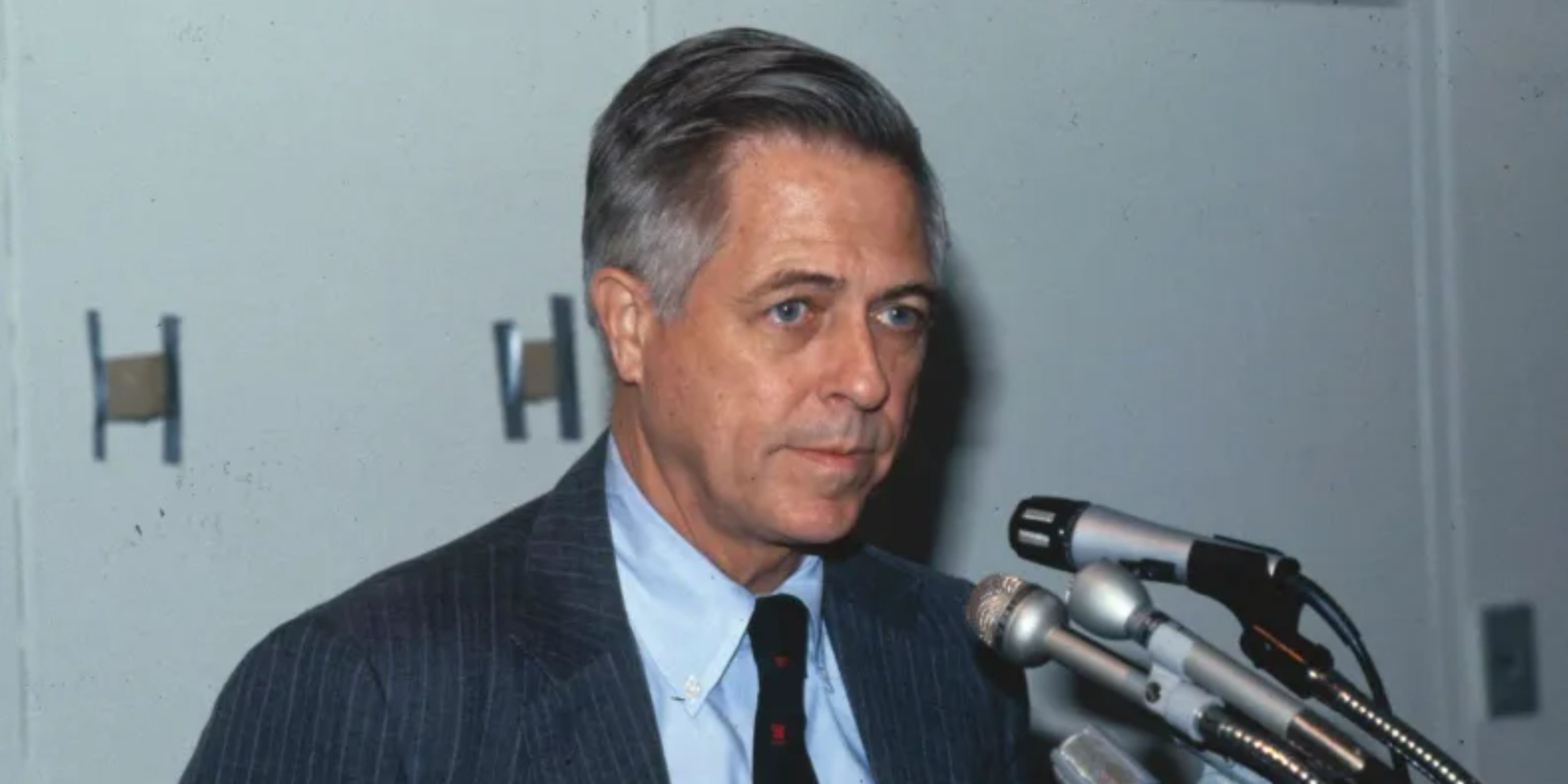

)






